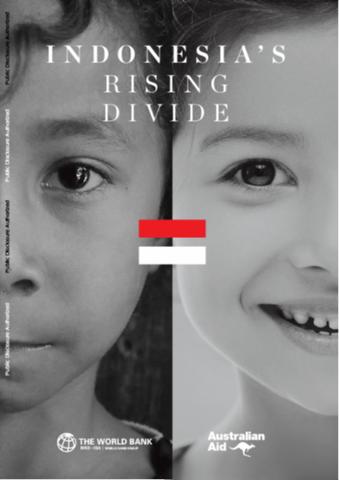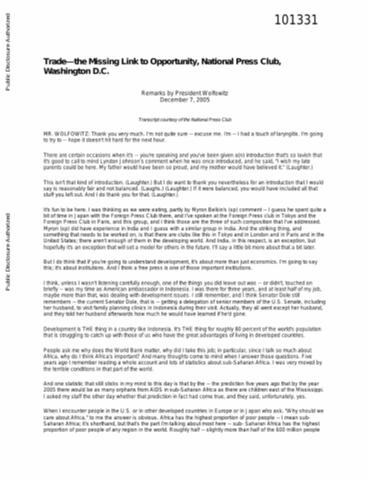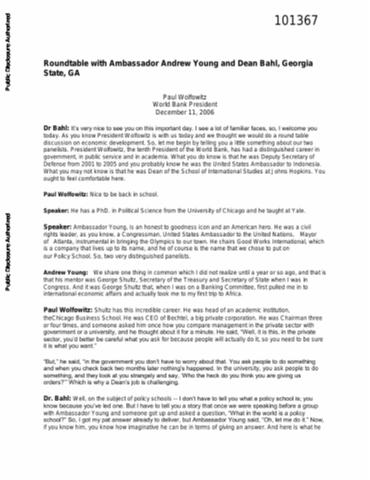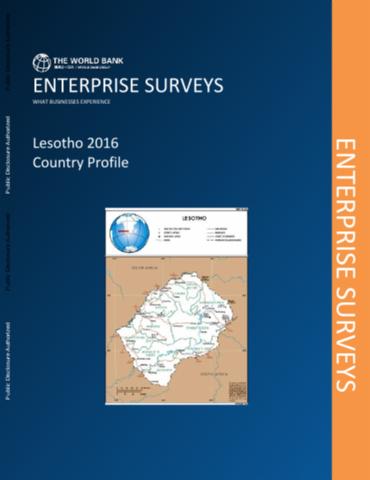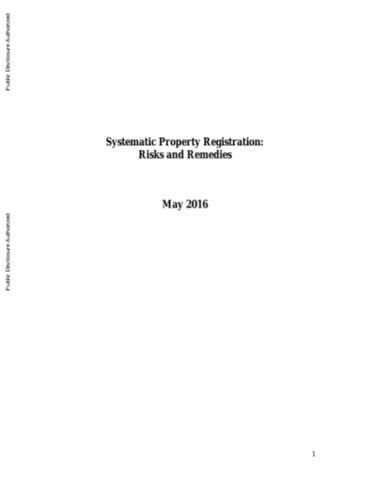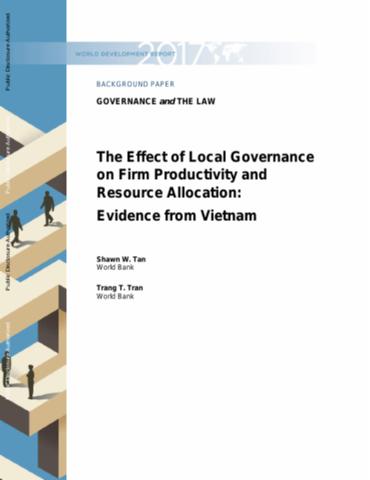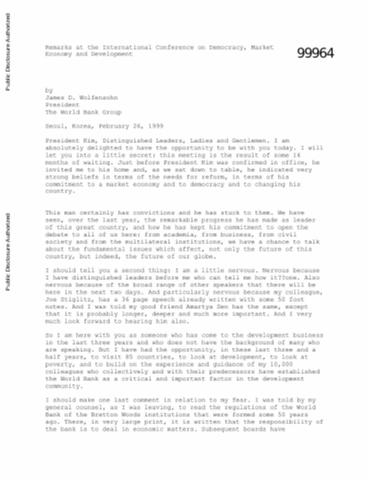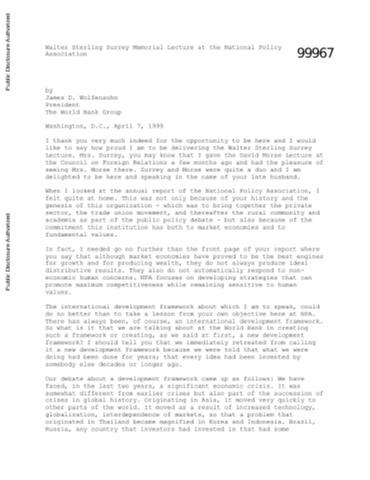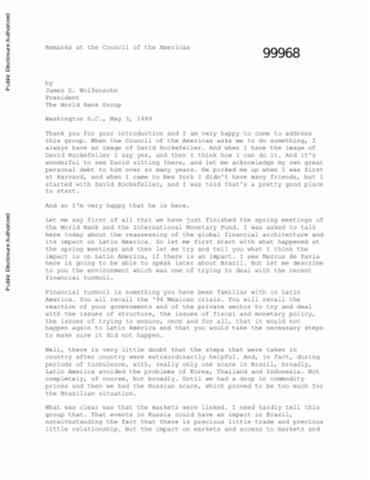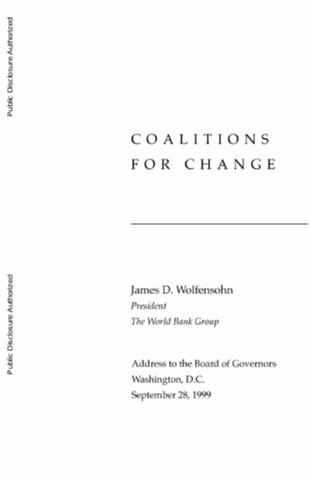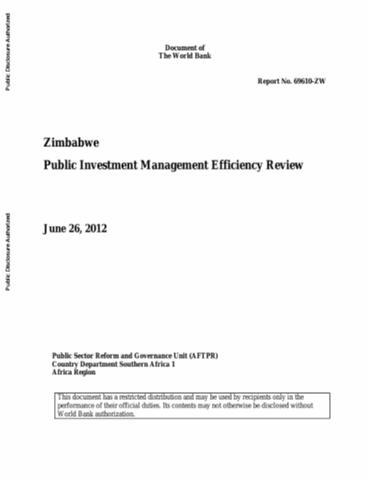Indonesia's Rising Divide
In 2015, Indonesia stands as an increasingly divided country, unequal in many ways. There is a growing income divide between the richest 10 percent and the rest of the population, and this gap is driven by many other types of inequality in Indonesia.People are divided into haves and have-nots from before birth. Some children are born healthy and grow up well in their early years; many do not. Some children go to school and receive a quality education; many do not. In today’s modern and dynamic economy; most do not and are trapped in low-productivity and low-wage jobs.

